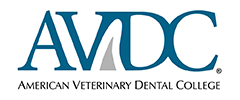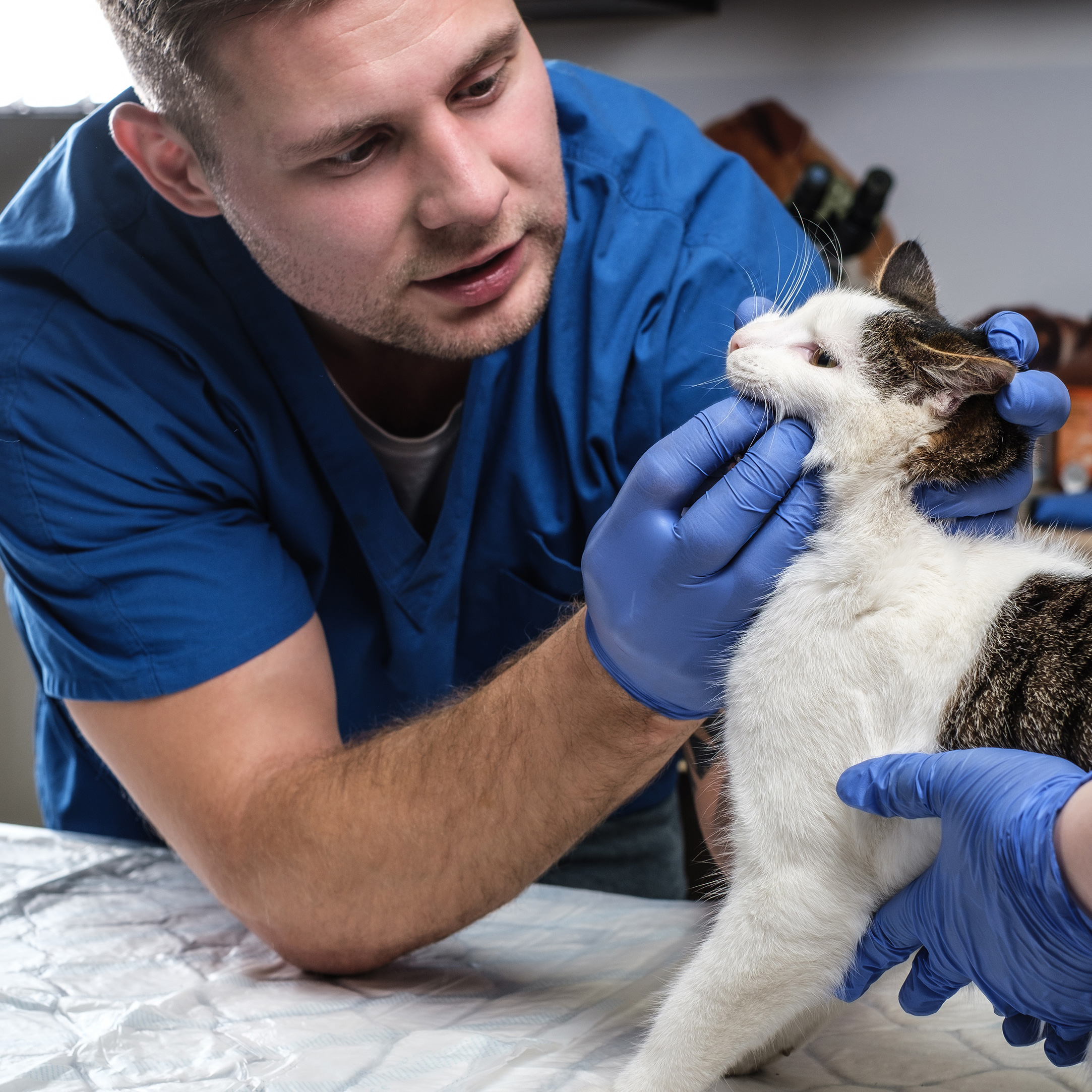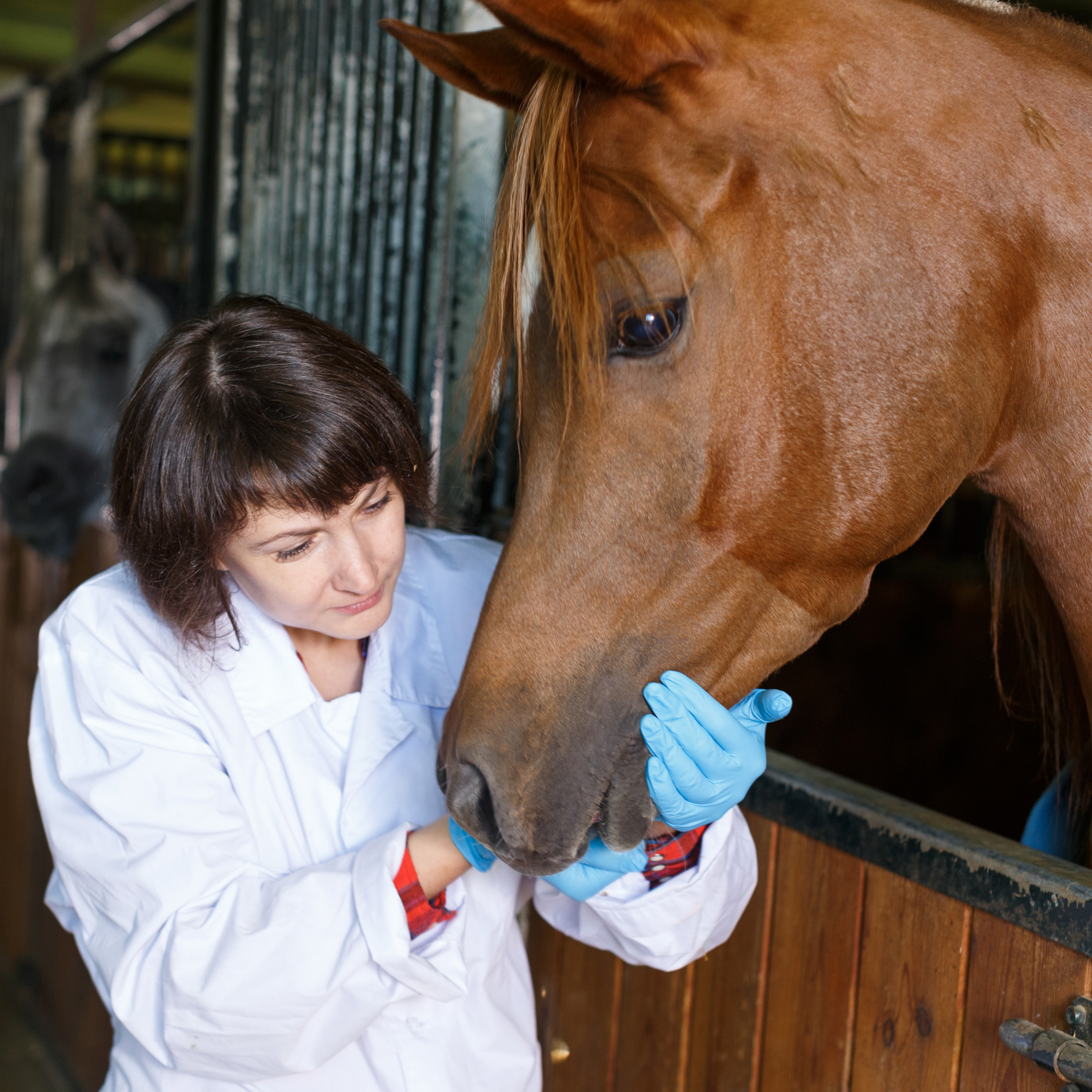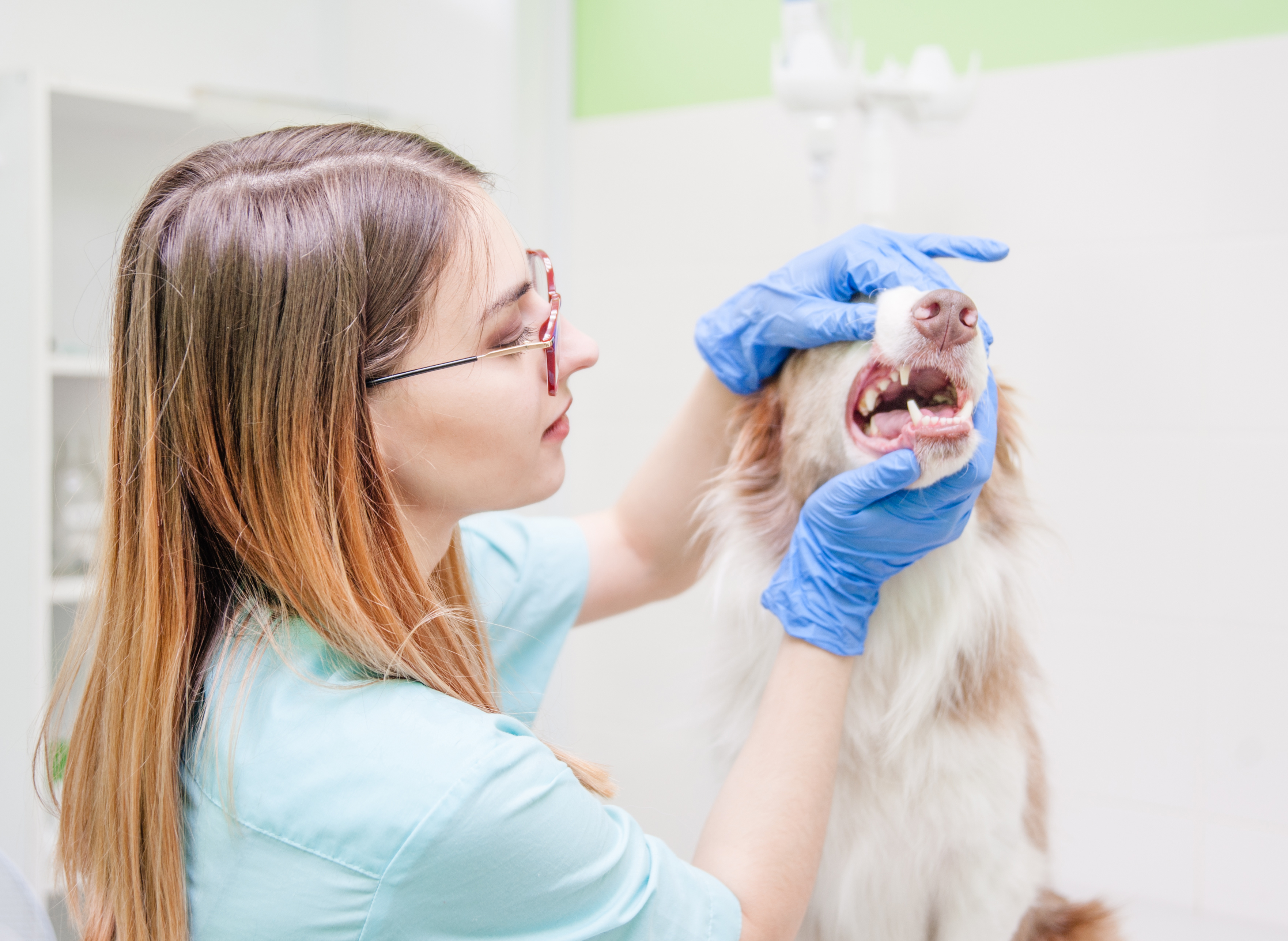Resident Resources
Welcome to the AVDC® Resident’s Resource Page
Veterinarians that desire to complete a residency program in veterinary dentistry to become a Board Certified Veterinary Dentist™ or Board Certified Equine Veterinary Dentist™ must complete a three to five year program.
The steps to board certification include completing the following:
1
Find a Residency
Acceptance into an AVDC® registered residency training program.
This first step involves finding a compatible match with a training program and residency supervisor. AVDC® has created a manual to help with the process.
All applicants for registration as a Small Animal AVDC® Resident must have a Residency Supervisor who is a Small Animal OR NSS Diplomate of AVDC®. The Residency Supervisor must be the Residency Program Director at or on staff at an AVDC®-approved Residency Site or Shared Residency Program site.
All applicants for registration as an Equine AVDC® Resident must have a Residency Supervisor who is an Equine Diplomate of AVDC®. The Residency Supervisor must be the Residency Program Director at or on staff at an AVDC®-approved Residency Site or Shared Residency Program site.
2
Apply to the AVDC®
Email the Executive Director of the AVDC® at execsec@avdc.org the completed Residency Training program application, Applicant’s curriculum vitae in AVDC format.
You may either mail your registration fee to the address below or you may pay online.
AVDC® Executive Director
103 E Calderwood Drive, Suite 110
Meridian, Idaho 83642, USA
The Executive Director will email a confirmation of receipt and provide you with your official start date. This start date is used by the Credentials Committee to verify that 30 months of training are completed.
3
Login to the Document
Management System
Following receipt of your confirmation email, you will be prompted to log into the AVDC® Document Management System (DMS) using your assigned user name and temporary password.
You can find how to use the AVDC® Document Management System by reading the Getting Started document.
I am interested in the following Veterinary Dental Residency:
Registration by AVDC® is, of itself, not an assurance of the quality of training, or that the applicant will successfully complete the AVDC® credentialing and examination requirements.
Resident Resources
The primary objectives of AVDC® are to determine the standards required for recognition of board certified veterinary dental specialists and to conduct the credentials review and examination procedures necessary to identify veterinarians who have reached the specialist veterinary dentist standard.
Quick Links
- How to use the AVDC® Document Management System (DMS)
- AVDC® Abbreviations (PDF)
- List of Resident Forms
- Use of Specialty Titles and Definitions
- AVDC® Nomenclature
- Examples of Dental Charts:
Small Animal | Equine - Instructions for Credentials Application:
Small Animal | Equine | Dual | Link to Online Payment - Instructions for Case Logs:
Small Animal | Equine | Dual
Video (SA) Explanation regarding Case Logging
Power Point (SA) Explanation regarding Case Logging - Radiograph Submission Guidelines:
Small Animal | Equine | Examples - Publication Requirements
- Curriculum Vitae / Resume Format for AVDC® (PDF)
- Curriculum Vitae / Resume Format for AVDC® (Word doc)
- Preparing for the AVDC® Examination
- Leave of Absence Policy and Form
- Reinstatement Policy
- Residency Open Positions & Job Board
- Vet Dentist Continuing Education
- Online Payments
- Consequences of Missing Resident Deadlines
- Covid-19 Pandemic Exceptions 2021
Grants for Research
Grant announcements are made in the Spring and Summer issues of the Journal of Veterinary Dentistry; The grants have a Dental Forum requirement for reporting research findings within 2 years of the awarded grant.
See Foundation Grants >
General Resident Training Requirements
Current and Previous Changes Documents
Major changes in AVDC® training program requirements are not applied retroactively. For information on previous training program requirements click the links below:
Resident Standards Manual
Manual for Residency Directors
Requirement |
Full TimeOnly Full-Time Small Animal Applications will be accepted as of Jan. 1, 2024. Small Animal Part-time residencies have been discontinued. Equine applications for both Part-Time and Full-Time residencies are still available. |
Total Program Time from Start Date |
30 months minimum 6 year maximum |
Type of Diplomate Supervision required |
Direct supervision1 |
Location of residency |
On-site with Residency Director/Supervisors at approved Residency Site. Resident is not working at satellite clinics with indirect supervision. |
Allowed usage of 30-month exception for credentials |
Yes – 30-months must be completed by Feb 28th the year following provisional credentials acceptance. |
Minimum directly supervised clinical time weeks2 |
65 weeks |
Total Clinical Time (supervised + unsupervised) |
78 weeks |
Approved AVDC® Residency Site(s)3
|
Yes |
Who Approves Site |
RPAC |
Who Approves Individual Resident Programs |
Approval through RPAC. |
Who Approves the Resident |
Residency Director/Supervisor. Only APP-100 form required. |
- Direct supervision is defined as the Residency Director/Supervisor and the resident are participating in a clinical practice approved for residency training and in which both the Diplomate and the resident are on duty interactively and concurrently managing cases. Direct supervision means a Board-Certified Veterinary DentistTMis readily available on the premises where the patient is being treated and has assumed responsibility for the veterinary care given to the patient by a person working under his or her direction. Indirect supervision means a Board-Certified Veterinary DentistTM need not be on the premises and has given either written or oral instructions for treatment of the patient. The Residency Director/Supervisor is readily available by telephone or other forms of immediate communication and has assumed responsibility for the veterinary dental care given to the patient by a person working under his or her direction.
- Full-time Residencies, shall provide a minimum of 40 hours of clinical dentistry experience per “clinical week.” A “Clinical Week” is defined as 40 hours acquired during a Monday-Sunday time span containing any of the following activities: clinical dental didactic rounds, clinical dental/maxillofacial consultations and procedures, dental/maxillofacial cadaver work, and teaching involving the foundations of dentistry. If a resident were to work more than 40 hours of clinical dentistry in a week (Monday to Sunday), it is still to be counted as 1 week towards the 65 and 78 weeks of the supervised and unsupervised clinical time requirement for a full-time residency. (Applies to full-time residencies starting January 2021 and on.)
- If a pair or group of AVDC® diplomates working at different locations joins together to form a residency program under which the resident’s time will be shared in a formal way, each Diplomate participating within the program must be located at an approved residency site or at the resident’s primary practice with approved initial equipment list and library.
Full Time vs Part Time Residency Requirements Prior to 2024
Only Full-Time Small Animal Applications will be accepted as of Jan. 1, 2024. Small Animal Part-time residencies have been discontinued.
Equine applications for both Part-Time and Full-Time residencies are still available.
Review and Assessment Exam
Historically, a Review and Assessment examination was offered to residents in training annually, in conjunction with the Veterinary Dental Forum. These examinations, consisting of approximately 100 multiple-choice questions, were created by AVDC® Diplomate volunteers to help residents prepare for the Phase 1 Small Animal Examination. The questions and answers (including references to the articles from which the questions were derived) for the 2014 – 2022 Review and Assessment examinations are now available as part of the AVDC® Online Resource Library.
Here is a link to the specific page in the ORL (you must be logged into the ORL before you click on the link in order to be redirected): https://mediasiteconnect.com/site/american-veterinary-dental-college/page/cb09777d-cf88-473b-2b50-08dbfcc1e767
English is the official language of AVDC®. All documents, forms and examinations provided by AVDC® are written in English, and all materials submitted by applicants and residents are to be written in English.
Use of Specialty Titles: The AVMA Principles of Veterinary Medical Ethics state: It is unethical for veterinarians to identify themselves as or in any way imply that they are members of an AVMA recognized specialty organization until such time as such certification has been awarded. AVDC® has adopted the Guidelines for Use of Specialty Titles, prepared by the American Board of Veterinary Specialties of the American Veterinary Medical Association.
By signing the AVDC® Training Program Registration form, an individual submitting an application for registration of a training program acknowledges that s/he may not use the terms ‘board eligible’, ‘board qualified’, ‘veterinary dental specialist’ or ‘veterinary dentist’, and may not make or imply any connection with AVDC® until such time as the individual passes the AVDC® examination and is awarded the AVDC® Diploma.
The registration of an AVDC® training program of an individual who is not in compliance with the policy stated above may be terminated by AVDC®, in which case the individual will not be permitted to complete the AVDC® credentials and/or the examination procedures, and, when appropriate, the circumstances may be reported by AVDC® to the individual’s State Board of Veterinary Medical Examiners.




